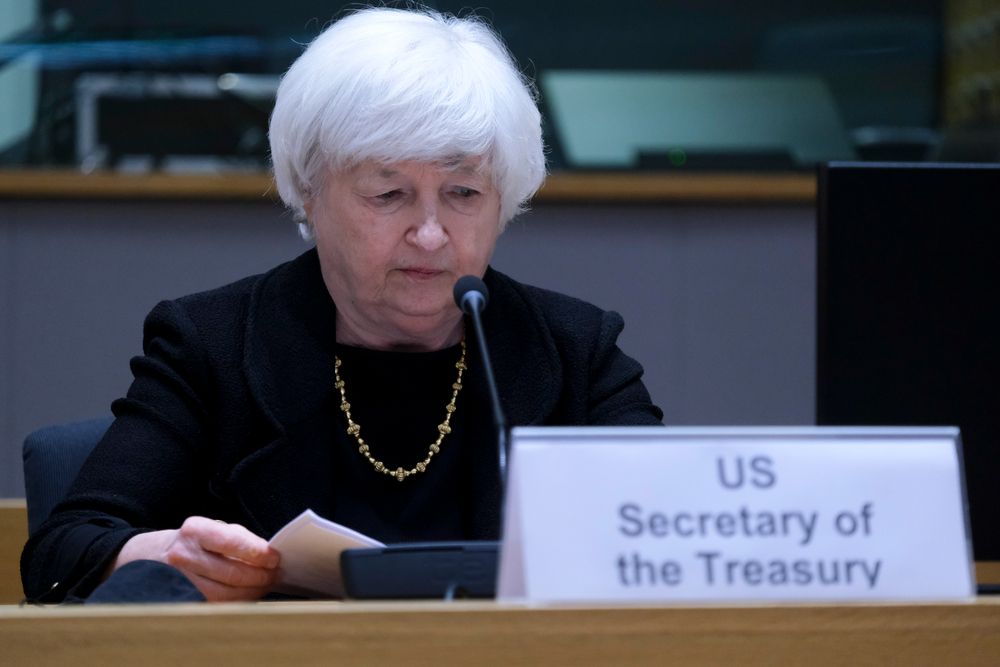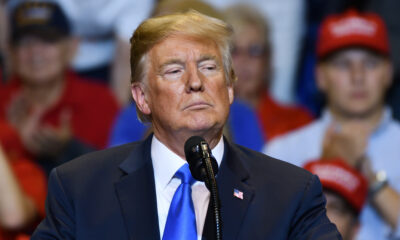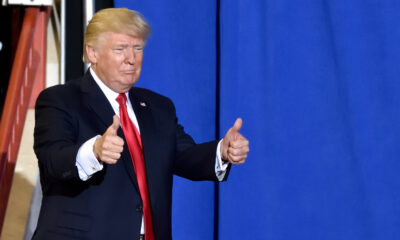Debt Limit Hits Just One Day After Trump’s Inauguration, Yellen Warns

Outgoing Treasury Secretary Janet Yellen announced that the United States will reach its debt ceiling on January 21, putting President-elect Donald Trump in the position of addressing a national fiscal emergency immediately after taking office. This unexpected warning leaves the incoming administration scrambling to prevent a government default.
In a letter to House Speaker Mike Johnson (R-LA) and other congressional leaders, Yellen explained that the Treasury would begin “extraordinary measures” to avoid breaching the debt limit. These measures include suspending federal investments in key retirement and healthcare funds until the debt ceiling is either raised or suspended.
“The debt limit does not authorize new spending, but it creates a risk that the federal government might not be able to finance its existing legal obligations,” Yellen wrote, pressing Congress to act promptly.
Many critics view Yellen’s announcement as a calculated move by the outgoing Biden administration. Some conservative commentators have accused her of deliberately leaving the incoming Trump administration with a financial disaster to manage on day one.
The national debt has ballooned past $36 trillion, fueled by years of bipartisan spending and the economic fallout from rising inflation and interest rates. The increasing cost of servicing the debt only compounds the urgency of the situation.
Trump has long criticized the debt ceiling, calling it an unnecessary obstacle. His Treasury Secretary nominee, Scott Bessent, voiced support for working with Trump to eliminate the limit if confirmed.
In response, Republicans in Congress are weighing their options. The Freedom Caucus has proposed raising the debt ceiling by $4 trillion alongside sharp spending cuts. Trump reportedly prefers a more straightforward approach but remains open to discussion.
The sudden fiscal challenge will test the Trump administration’s ability to handle high-stakes economic issues and coordinate with Congress to prevent a government default.






















